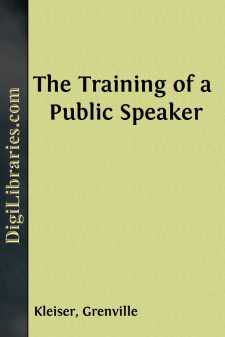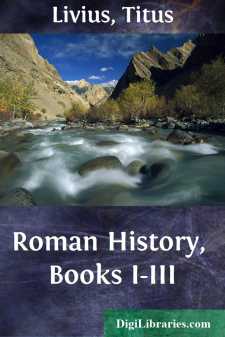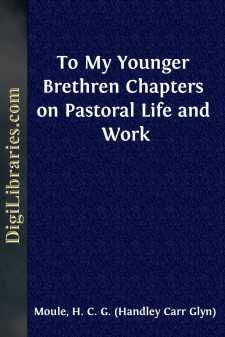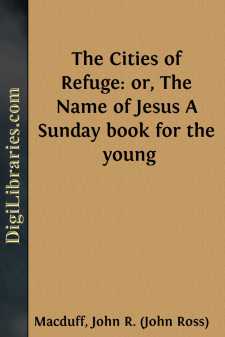Categories
- Antiques & Collectibles 13
- Architecture 36
- Art 48
- Bibles 22
- Biography & Autobiography 813
- Body, Mind & Spirit 142
- Business & Economics 28
- Children's Books 17
- Children's Fiction 14
- Computers 4
- Cooking 94
- Crafts & Hobbies 4
- Drama 346
- Education 46
- Family & Relationships 57
- Fiction 11829
- Games 19
- Gardening 17
- Health & Fitness 34
- History 1377
- House & Home 1
- Humor 147
- Juvenile Fiction 1873
- Juvenile Nonfiction 202
- Language Arts & Disciplines 88
- Law 16
- Literary Collections 686
- Literary Criticism 179
- Mathematics 13
- Medical 41
- Music 40
- Nature 179
- Non-Classifiable 1768
- Performing Arts 7
- Periodicals 1453
- Philosophy 64
- Photography 2
- Poetry 896
- Political Science 203
- Psychology 42
- Reference 154
- Religion 513
- Science 126
- Self-Help 84
- Social Science 81
- Sports & Recreation 34
- Study Aids 3
- Technology & Engineering 59
- Transportation 23
- Travel 463
- True Crime 29
Sort by:
by:
Lewis Carroll
CHAPTER I. INTRODUCTORY. The Universe contains ‘Things.’ [For example, “I,” “London,” “roses,” “redness,” “old English books,” “the letter which I received yesterday.”] Things have ‘Attributes.’ [For example, “large,” “red,” “old,” “which I received yesterday.”] One Thing may have many Attributes; and one Attribute may belong to many Things. [Thus, the...
more...
THE WITNESS OF THE RESURRECTION‘Declared to be the Son of God with power, ... by the resurrection of the dead.’—ROMANS i. 4 (R. V.).It is a great mistake to treat Paul's writings, and especially this Epistle, as mere theology. They are the transcript of his life's experience. As has been well said, the gospel of Paul is an interpretation of the significance of the life and work of Jesus...
more...
INTRODUCTORY The American method of teaching the mechanical arts has some disadvantages, as compared with the apprentice system followed in England, and very largely on the continent. It is too often the case that here a boy or a young man begins work in a machine shop, not for the avowed purpose of learning the trade, but simply as a helper, with no other object in view than to get his weekly wages....
more...
early beloved: we are gathered together here in the sight of God, and in the presence of these witnesses, to join together this man and this woman in holy Matrimony; which is an honorable estate, instituted of God in the time of man's innocency, signifying unto us the mystical union that exists between Christ and his Church; which holy estate Christ adorned and beautified with his presence, and...
more...
RHETORIC AND ELOQUENCE WHAT RHETORIC IS Rhetoric has been commonly defined as "The power of persuading." This opinion originated with Isocrates, if the work ascribed to him be really his; not that he intended to dishonor his profession, tho he gives us a generous idea of rhetoric by calling it the workmanship of persuasion. We find almost the same thing in the Gorgias of Plato, but this is the...
more...
by:
Bertrand Russell
MYSTICISM AND LOGIC Metaphysics, or the attempt to conceive the world as a whole by means of thought, has been developed, from the first, by the union and conflict of two very different human impulses, the one urging men towards mysticism, the other urging them towards science. Some men have achieved greatness through one of these impulses alone, others through the other alone: in Hume, for example,...
more...
by:
Titus Livius
LIVY'S ROMAN HISTORY BOOK I[1] THE PERIOD OF THE KINGS To begin with, it is generally admitted that, after the taking of Troy, while all the other Trojans were treated with severity, in the case of two, Æneas and Antenor, the Greeks forbore to exercise the full rights of war, both on account of an ancient tie of hospitality, and because they had persistently recommended peace and the restoration...
more...
CHAPTER I. THE SECRET WALK WITH GOD (i.). Pastor, for the round of toil See the toiling soul is fed; Shut the chamber, light the oil, Break and eat the Spirit's bread; Life to others would'st thou bring? Live thyself upon thy King. Let me explain in this first sentence that when in these pages I address "my Younger Brethren," I mean brethren in the Christian Ministry in the Church...
more...
ADDRESS I.Early History of Revision. As there now seem to be sufficient grounds for thinking that ere long the Revised Version of Holy Scripture will obtain a wider circulation and more general use than has hitherto been accorded to it, it seems desirable that the whole subject of the Revised Version, and its use in the public services of the Church, should at last be brought formally before the clergy...
more...
When travelling lately through the Simplon—one of the great Alpine passes leading from Switzerland into Italy—I observed, close by the roadside, at regular distances, a number of plain, square buildings. On these (sometimes over the doorway, sometimes on the side) were inscribed the words—“Refuge No. 1,” “Refuge No. 2,” “Refuge No. 3,” &c. I think there were twenty altogether. I...
more...











